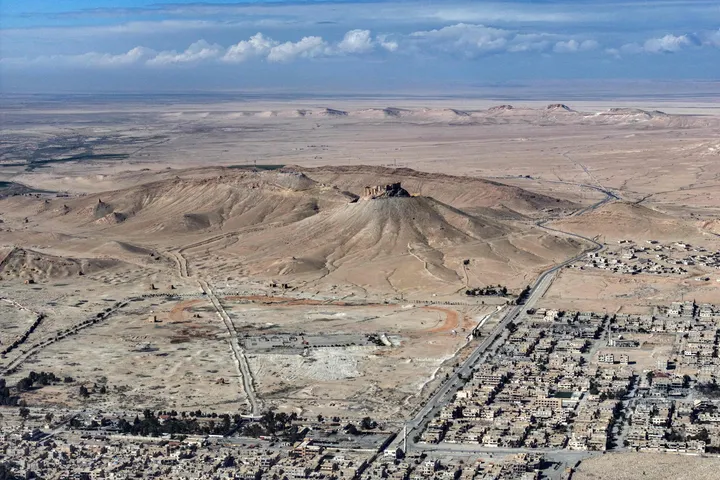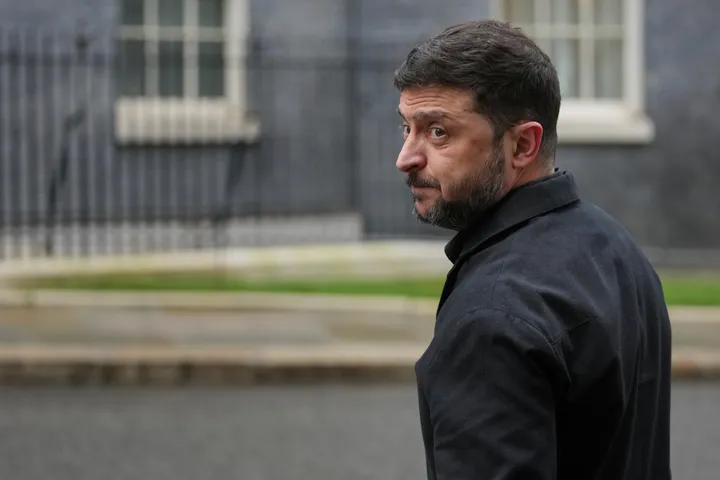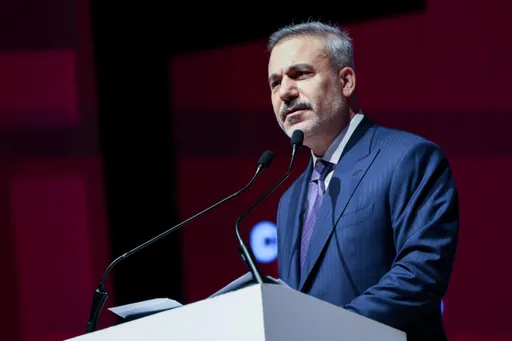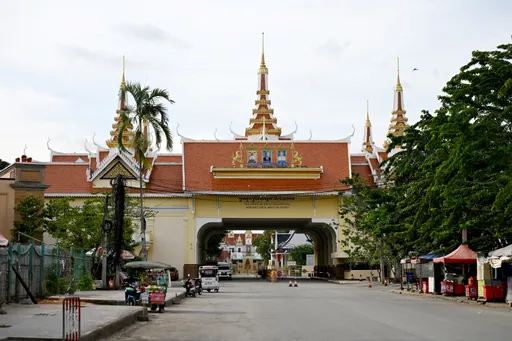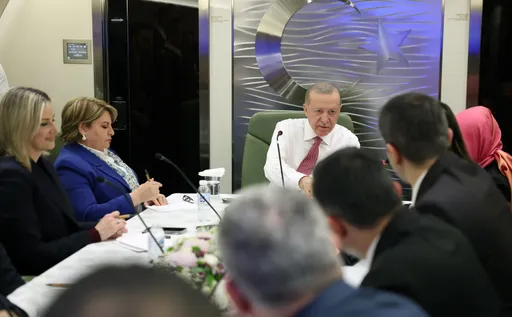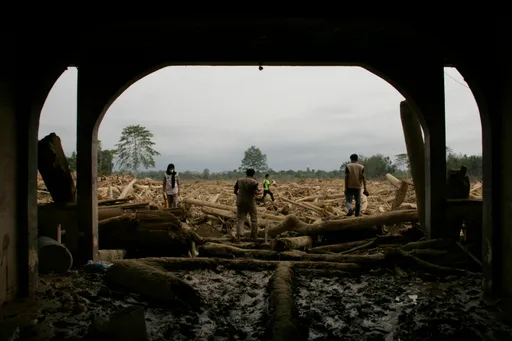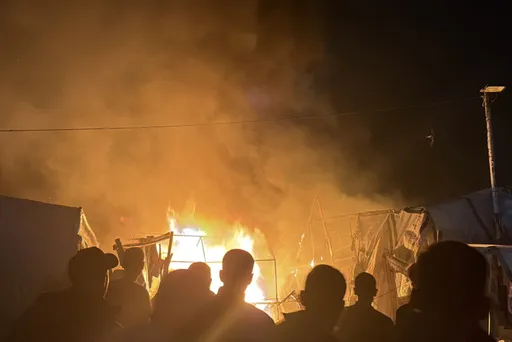Tension in Jerusalem continues to escalate after Israel on Sunday refused to remove metal detectors from the entrance of the compound that houses Al Aqsa mosque.
The UN warned Monday that the crisis over new security measures at the holy site must be swiftly resolved before Friday, as a top US official arrived in Israel to try to ease tensions. Israel installed metal detectors at entrances to the site, which includes Al Aqsa mosque and the Dome of the Rock, after an attack on July 14 that killed two policemen.
UN Middle East envoy Nickolay Mladenov's warning comes after more than a week of tensions over the Haram al Sharif mosque compound, known to Jews as the Temple Mount and central to the Israeli-Palestinian conflict.
"It is extremely important that a solution to the current crisis be found by Friday this week," Mladenov said after briefing the UN Security Council, which met to discuss how to defuse the tension.
"The dangers on the ground will escalate if we go through another cycle of Friday prayer without a resolution to this current crisis," he said, warning that violence there could spread "beyond the Middle East itself".
The crisis, which saw a weekend of deadly violence, was also discussed by Israeli Prime Minister Benjamin Netanyahu and King Abdullah II of Jordan, a day after an Israeli guard at its embassy in Amman shot two Jordanians dead after an attack.
Attacks on Palestinian worshippers
Incensed at what they perceive as a violation of delicate decades-old access arrangements at Islam's third-holiest site, Muslims have refused to go through the metal detectors, holding street prayers in protests.
Palestinians view the new security measures as Israel asserting further control over the site.
While praying outside the Lions' Gate entrance to the compound, Muslims were again attacked by Israeli security forces after prayers on Sunday night.
On Friday, Israeli forces shot and killed three Muslims who were praying.
The spike in tensions have triggered international alarm and prompted the United Nations Security Council to convene a meeting for Monday to seek ways of calming the situation.
Palestinian President Mahmoud Abbas, who has announced he was freezing contacts with Israel over the dispute, said on Sunday this included the security coordination that has been credited with preventing wider unrest in recent years.
"They must know that they will be the main losers because we play an important role in assuring our security and theirs," Abbas said.
"We stress our absolute rejection of ... all measures by the Occupation [Israel] that would change the historical and religious status in Jerusalem and its sacred sites," the Palestinian grand mufti, acting Palestinian chief justice and Jordanian-run Waqf religious trust said in a joint statement.
Turkish President Recep Tayyip Erdogan called on Tel Aviv to act in line with international law and fundamental values as tension escalates.
"Attacks on the rights, freedom and beliefs are not to be tolerated," Erdogan stressed.
The Arab League said Israel was "playing with fire."
Trump aide in Israel
Washington sent Jason Greenblatt, President Donald Trump's special representative for international negotiations, to Israel on Sunday evening in the hope of helping to reduce tensions, a senior administration official said.
"President Trump and his administration are closely following unfolding events in the region," the official said. "The United States utterly condemns the recent terrorist violence."
Two Jordanians were killed and an Israeli wounded during a shooting incident on Sunday in a building inside the Israeli embassy complex in Jordan's capital, Amman.
Details of what happened were unclear. Israel imposed a ban on reporting the incident and made no public comment.
Jordan has seen an outpouring of public anger against Israel in recent days, with Jordanian officials calling on it to remove the metal detectors at the Al Aqsa mosque.
Attempt to change status quo
Muslims around the world termed Tel Aviv's new security measures at Al Aqsa mosque as an attempt to change the status quo – a delicate balance of prayer and visiting rights.
Israel, for its part, refused to remove the detectors, claiming the security measures were similar to procedures adopted at other holy sites around the world.
Metal detectors were installed at entrances to the site, which includes Al Aqsa mosque and the Dome of the Rock, following a shooting on July 14 in which three Palestinians and two Israeli policemen were killed.
At least five Palestinians have died in protests over the security measures around the holy site.
Thousands of Muslims, Christians and Jews from around the world regularly travel to Jerusalem to pray at the compound which is considered a sacred site by all three religions.

